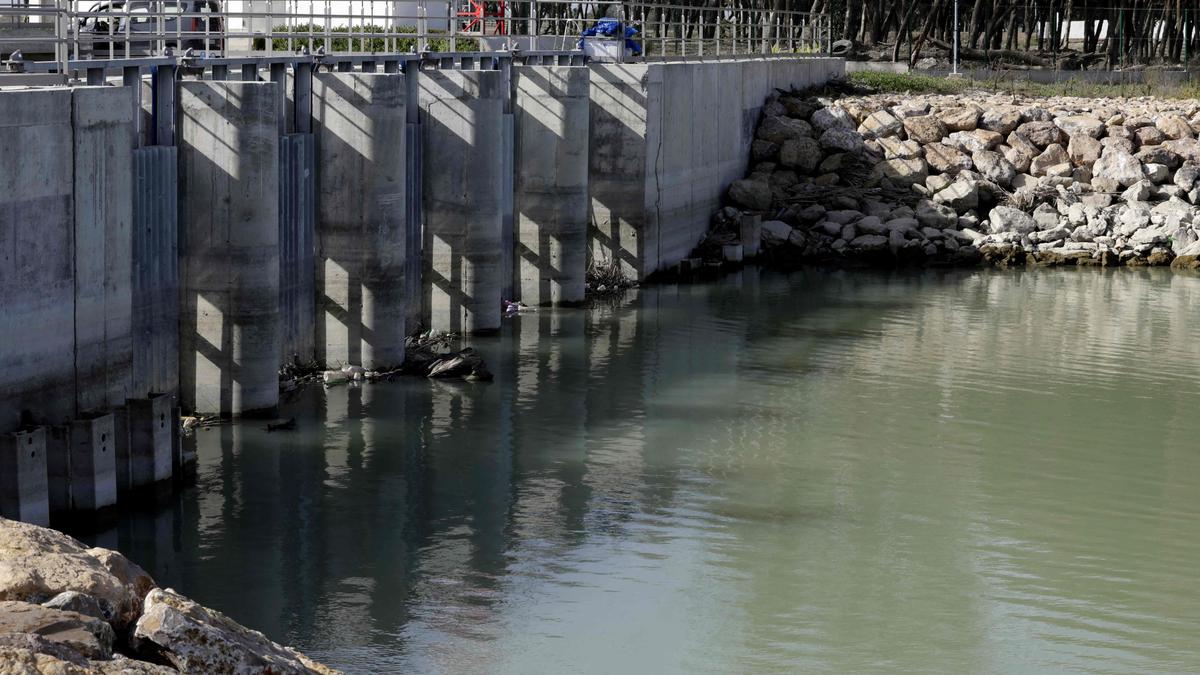Morocco Launches Water Highway Project
Current Affairs International IssuesPosted by newadmin on 2025-04-02 08:42:14 |
Share: Facebook | Twitter | Whatsapp | Linkedin Visits: 60

Morocco has launched an ambitious project called the “water highway” to tackle its growing water crisis. This initiative redirects surplus water from the Sebou River to provide drinking water to Rabat and Casablanca, addressing severe shortages caused by climate change and prolonged drought.
The project, with an estimated cost of $728 million, is designed to secure drinking water for Morocco’s most densely populated areas. It diverts water from the Sebou River, treating and transporting it through a 67-kilometre underground canal. By early March 2025, the system had already delivered over 700 million cubic metres of water to the targeted cities.
Morocco’s water crisis has been exacerbated by a six-year drought, with annual water supply dropping from 18 billion cubic metres in the 1980s to just 5 billion today. Rainfall distribution is highly uneven, with more than half of it occurring in only a small fraction of the country. These prolonged dry conditions pose a serious threat to millions of livelihoods.
Climate change has further intensified the crisis by raising temperatures and increasing evaporation rates, putting additional stress on water resources. Experts predict that reduced rainfall in northern basins will make current water surpluses unsustainable, raising concerns about long-term availability.
Agriculture remains a crucial part of Morocco’s economy, employing nearly a third of the workforce, and the demand for irrigation water is significant. Experts stress the importance of adopting water-efficient agricultural practices to help mitigate the impact of water scarcity.
While the “water highway” offers a temporary solution, there are concerns about its long-term sustainability. Climate projections indicate that northern rivers may not consistently provide the necessary water surpluses. This has led to calls for further investment in alternative solutions, such as desalination plants, to ensure a stable and sustainable water supply for Morocco’s urban centres.
Search
Categories
Recent News
- Hyderabad Police Swiftly Recover APK Fraud Losses
- India's T20 World Cup Squad: Samson's Omission, Ishan's Rise
- Uniting Faiths: Deepak's Story of Solidarity and Identity
- Global Alliance Forges Ahead: US-Led Critical Minerals Strategy
- Italy's Digital Defense: Uncovering Russia's Olympic Cyber Plot
- Premier League Chaos: FA Charges After Fiery London Derby
- A Son's Burden: Healthcare Woes in Madhya Pradesh
- Hyderabad Tragedy: Tech Industry Stress Claims Another Life
Popular News
- Navigating IPO Market Dynamics Amid Volatility and Regulatory Changes
- Massive Worldwide Microsoft Outage Disrupts Multiple Sectors
- Panjapur Bus Stand to Reshape TNSTC Routes
- తెలుగుదేశం పార్టీ - పేదరికాన్ని నిర్మూలించడంలో వాగ్దానం
- Universities Embrace Remote Learning Technologies Amidst Ongoing Pandemic